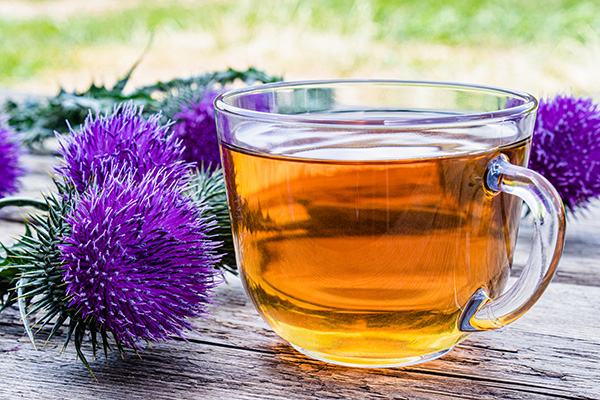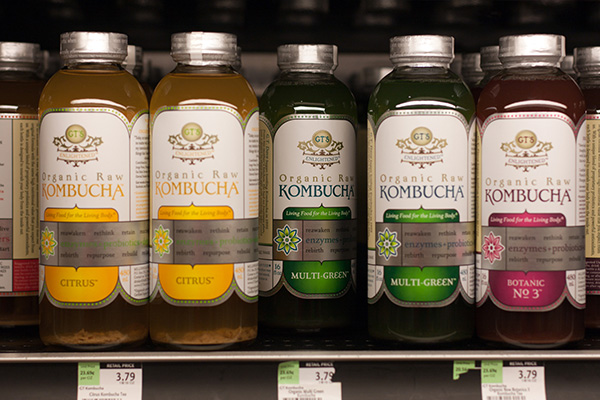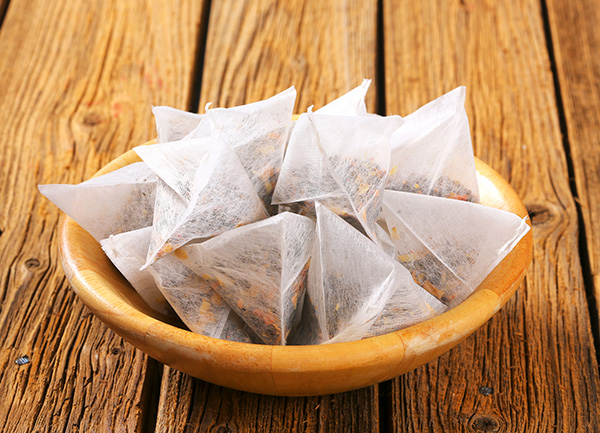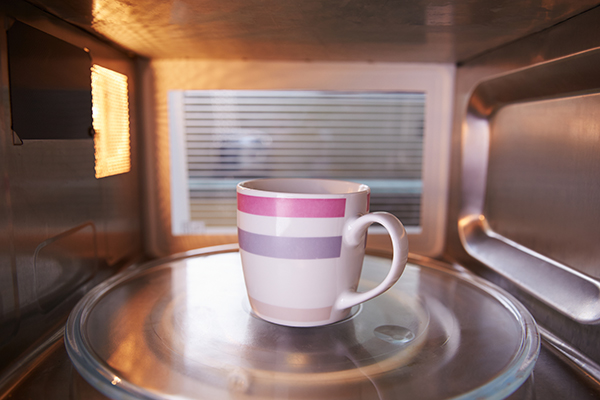Nettle Tea: Benefits, Side Effects, and How to Make It
Nettle tea is a type of herbal tea made from the leaves and stems of the nettle plant, scientifically known as Urtica dioica. This green, leafy plant has been used in traditional medicine across various cultures for centuries, and it’s been gaining popularity in modern wellness communities for its health benefits.
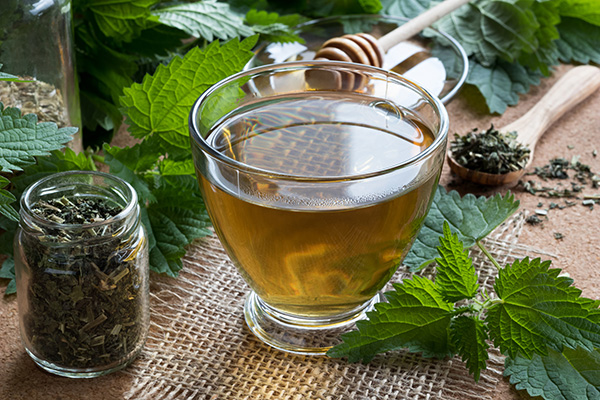
Potential Health Benefits of Nettle Tea
Nettle tea isn’t just a warm beverage; it’s a potential powerhouse of nutrients and health benefits.
Rich in Essential Nutrients
Nettle tea is chock-full of essential nutrients. It contains a plethora of vitamins, including Vitamins A, C, K, and several B vitamins. Additionally, it’s packed with minerals like iron, magnesium, calcium, and potassium. These nutrients are integral to many bodily functions and overall wellbeing.
May Support Heart Health
Drinking nettle tea might also be good for your heart. Studies have suggested that nettle extracts can help lower blood pressure and reduce the risk of heart disease. It’s also rich in potassium, a heart-healthy mineral that helps regulate blood pressure.
Potential Anti-Inflammatory Properties
Nettle tea contains various plant compounds that have been found to exhibit anti-inflammatory effects. This could be beneficial in managing conditions like arthritis, allergies, and skin inflammation.
May Help in Managing Blood Sugar
Some studies suggest that nettle tea might be helpful in managing blood sugar levels. The compounds in nettle tea may influence insulin secretion and sensitivity, which can potentially help control diabetes.
Nettle Tea Side Effects
As beneficial as nettle tea might be, it’s not without potential side effects.
Possible Allergic Reactions
Some people might experience allergic reactions to nettle tea, including rash, itching, or difficulty breathing.
Possible Interaction with Certain Medications
Nettle tea can potentially interact with certain medications, such as blood thinners, high blood pressure drugs, and diabetes medications.
Potential Effects on Pregnancy
Pregnant women are generally advised not to consume nettle tea due to its potential to trigger uterine contractions. Always consult your doctor before adding any new food or drink to your diet during pregnancy.
Who Should Not Drink Nettle Tea?
People with a history of allergic reactions to plants, those on certain medications (including blood thinners, high blood pressure drugs, and diabetes medication), and pregnant women should avoid consuming nettle tea unless otherwise directed by a healthcare professional.
How to Make Nettle Tea
Making nettle tea at home is a straightforward process. Here’s a step-by-step guide:
- Start by boiling one cup of water.
- Add one to two teaspoons of dried nettle leaves (adjust the quantity as per your taste preference).
- Let the mixture steep for about 10 minutes.
- Strain the tea into a cup.
- Enjoy your nettle tea hot, or let it cool and enjoy it as an iced beverage.
Always follow the manufacturer’s instructions if you’re using a store-bought product.
Final Thoughts
Nettle tea, with its blend of essential nutrients and potential health benefits, can be a delightful addition to your diet. However, it’s important to remember that like all good things, it should be consumed in moderation and with awareness of potential side effects. Always consult your healthcare provider before making any significant dietary changes.
FAQ
What Does Nettle Tea Taste Like?
Nettle tea has a mild, earthy flavor with a slight hint of sweetness. Some people liken it to the taste of green tea but with a richer, more grassy note.
When Should I Drink Nettle Tea?
You can enjoy nettle tea at any time of the day. However, given its potential diuretic effects, you might want to avoid it right before bed to prevent nighttime trips to the bathroom.
How Often Can You Drink Nettle Tea?
While there’s no strict rule on how often you can drink nettle tea, a general guideline could be one to two cups a day. Always follow the manufacturer’s guidelines if you’re using a store-bought product.
How Long Can You Drink Nettle Tea Safely?
There’s no definitive answer to this, as it depends on individual health conditions and tolerance. However, like any herbal tea, it’s best to use nettle tea as part of a balanced diet and not rely on it as a primary source of nutrition.
Is Nettle Leaf Tea Good for Kidney Stones?
Nettle leaf tea is believed to be beneficial for kidney health due to its diuretic properties, which can help increase urine output and potentially flush out kidney stones. However, the scientific evidence to support this claim is limited, and it should not replace medical treatment.

